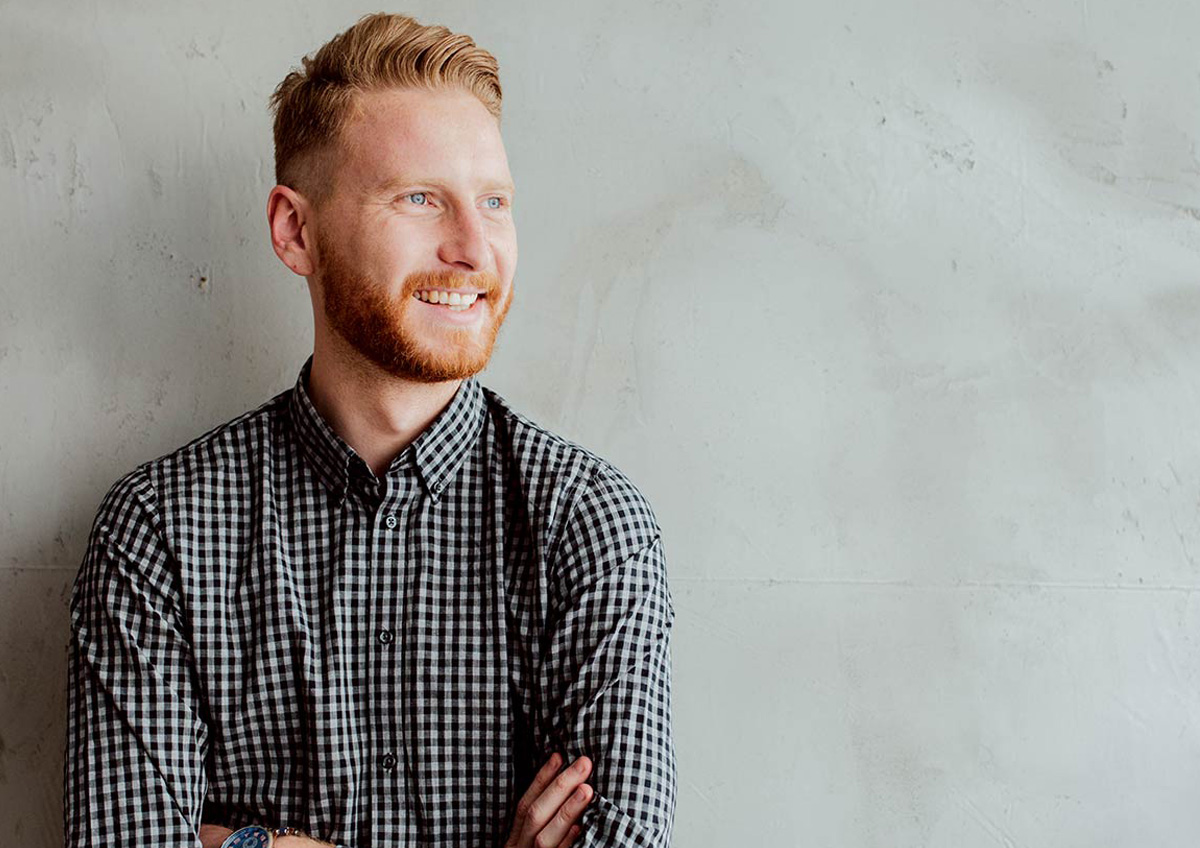The casting platform used by every major studio and network
Thousands of studio executives, producers, directors and casting professionals log into Cast It daily. Every major studio and network uses Cast It to create briefs and roles, collaborate with casting offices and securely access and share audition videos.

Casting Directors and Studios
Cast It’s comprehensive suite of casting workflow applications is unmatched in the business. Create lists, collaborate and securely share audition videos.
Learn More
Talent
With Cast It Talent, actors and talent representatives can create and manage profiles, store and send video, and submit to acting roles made available through Cast It.
Learn More


Talent Representatives
Submit your clients to every project available on Cast It. Submit client headshots, resumes, reels and self-tapes to 700+ casting offices. Access current contact details for every project and casting office using Cast It Systems.
Learn More
